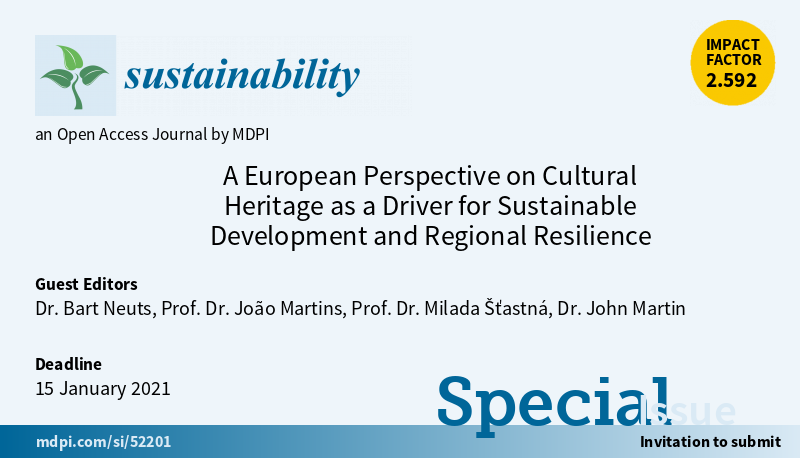SmartCulTour will participate in a webinar on Rural tourism and marketing
Rural Connections is a set of three webinars involving RURITAGE and a group of European rural projects. The main objective of this series is to exchange knowledge and best practices between EU projects working on different aspects related to rural development, with the view to support RURITAGE partners in the implementation of their rural regeneration action plans. On 12 April four projects will join on a free webinar to share knowledge on Rural Tourism & Marketing: SmartCultour project will present the tools being used to identify needs and good practices around developing sustainable cultural tourism on the local level; EUROPETOUR project will demonstrate the urgency for interdisciplinary cooperation and the importance of valorising the intellectual property rights; SPOT project will illustrate an ongoing collaboration with Regional DMO, local DMO and the local Tourist Observatory (LMR); and IMPACTOUR will demonstrate how cultural tourism is leading to sustainable economic and social development; present policies, governance and business models that are being used to promote cultural tourism as well as tools for cultural tourism impact assessment to foster and forecast impact of tourism strategies.
You can register for the webinar and watch live on Facebook!



